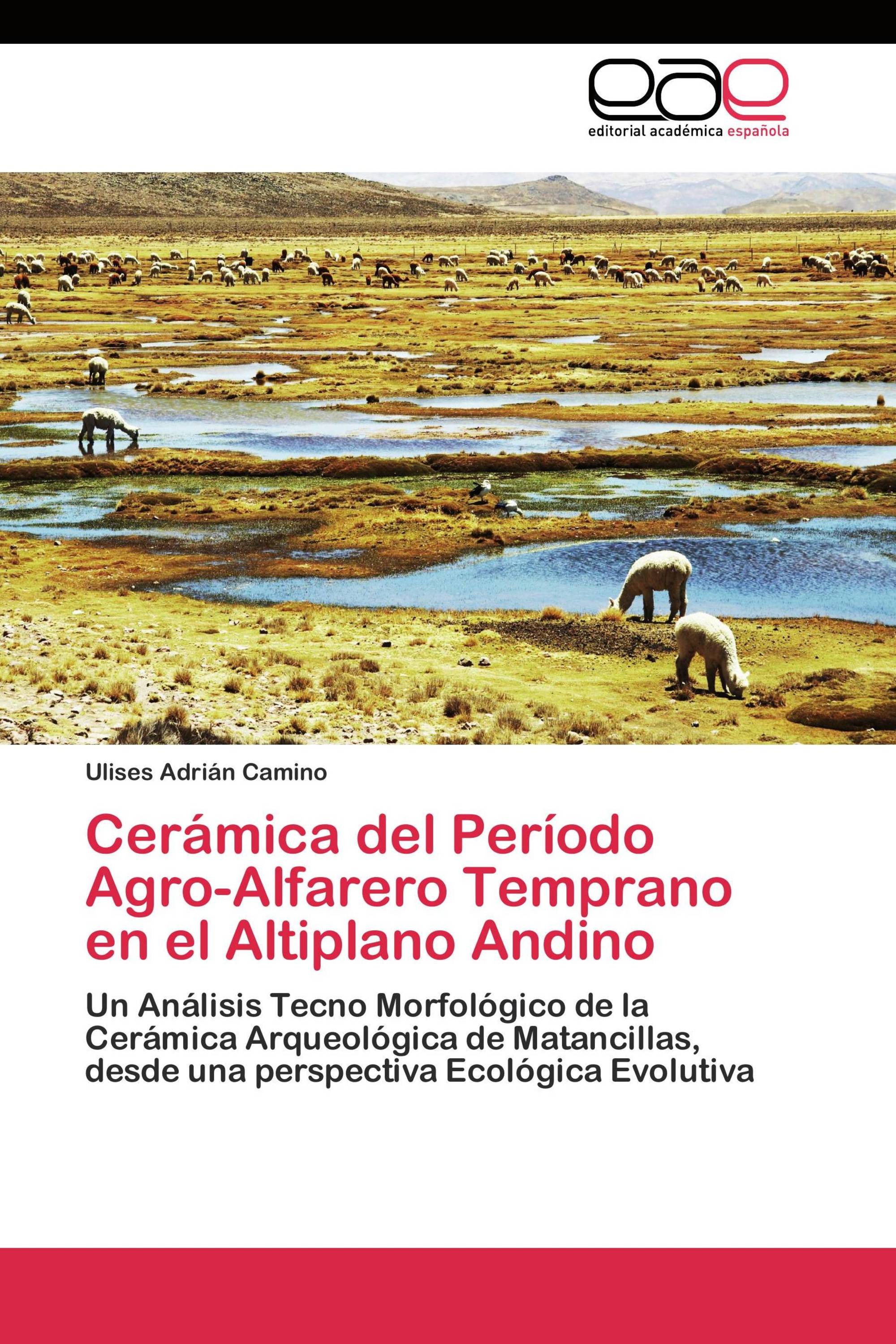Cerámica del Período Agro-Alfarero Temprano en el Altiplano Andino
Un Análisis Tecno Morfológico de la Cerámica Arqueológica de Matancillas, desde una perspectiva Ecológica Evolutiva
€ 79,00
In this theses it is studied ceramics technology from Matancillas Gorge, in Puna, Argentina, during Early Period (circa 2000 BP) from an evolutionary ecology framework. So, ceramic technology is consider a human adaptation strategy. The guiding hypothesis is “that general characteristics in Early Period ceramics from Matancillas Gorge as well as its costs of production would be sensitive to minimize risk associated with agriculture and maximize its benefits”. The main objective of this theses is to explore its production and use and also the manner it’d permit to diminish risk. To accomplish this, ceramic sherds were analyzed. To characterize them, there were studied a couple of analytical variables that may be sensitive to risk minimization and benefits maximization. It was used cluster analysis to quantify the sample. This study was introduced in archaeology by Clarke in 1962. Since then the dubious theoretical base for natural groups has been substituted by a much more sustainable perspective that emphasizes classification within an explicit theoretical frame, in this case to observe techno- functional characteristics in ceramics.
Detalles de libro: |
|
|
ISBN-13: |
978-3-8443-3683-2 |
|
ISBN-10: |
3844336834 |
|
EAN: |
9783844336832 |
|
Idioma del libro: |
Español |
|
By (author) : |
Ulises Adrián Camino |
|
Número de páginas: |
256 |
|
Publicado en: |
06.05.2011 |
|
Categoría: |
Pre and early history |
